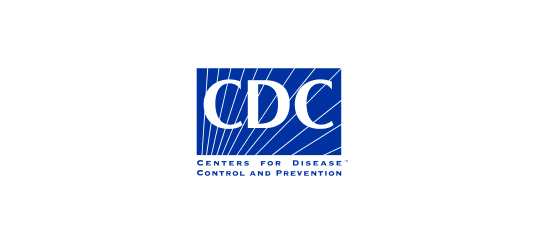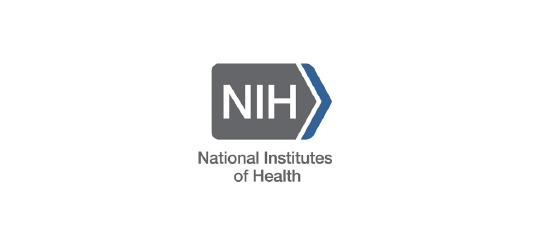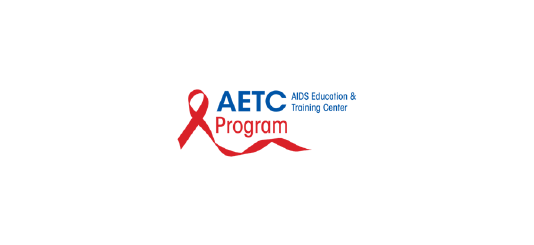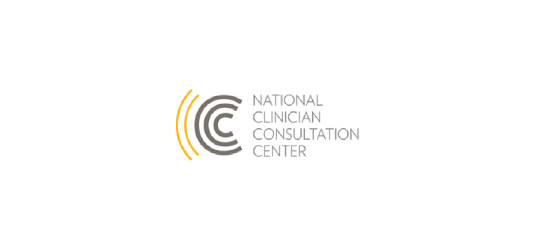HIV Care
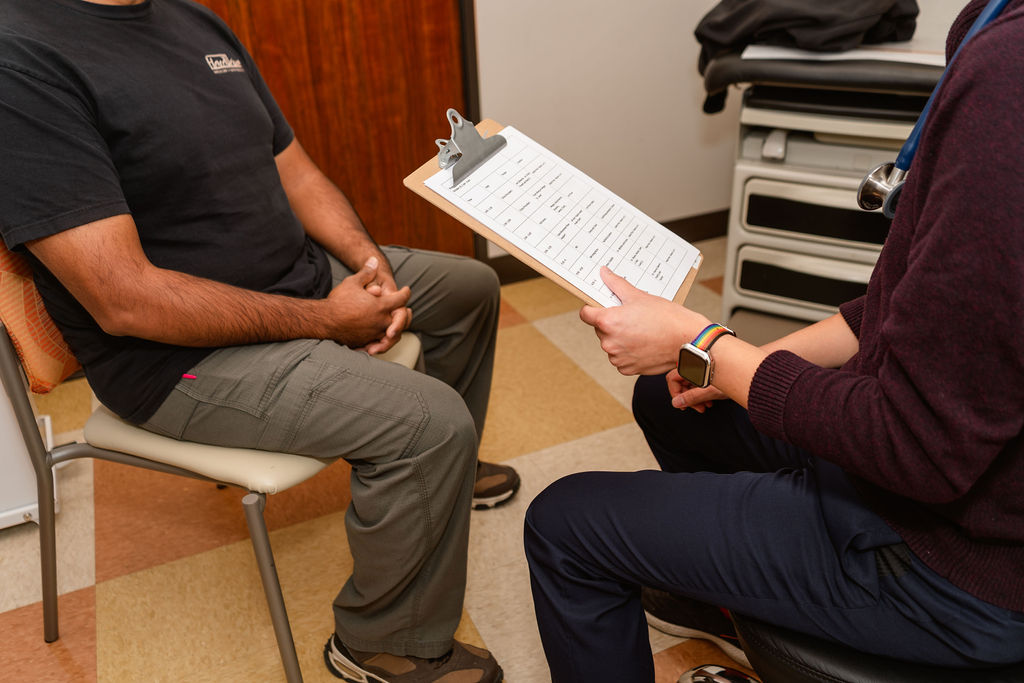
Northern Nevada HOPES (HOPES) has been providing HIV care to northern Nevada since 1997. We are a team of dedicated and skilled professionals committed to working with individuals, couples, and families to improve the health and quality of life for those living with HIV/AIDS. If you’re living with HIV, or think you might be, we’ve got everything you need to take the best possible care of your health.
RESOURCES TO LIVE WELL WITH HIV
Our integrated care approach focuses on the medical, behavioral health, social. and emotional needs of each patient and includes:
- HIV medical care
- Behavioral health and substance abuse screening and treatment
- Psychiatric assessment and treatment
- Group therapy
- Nutritional therapy and education
- Medical and non-medical case management
- Treatment adherence counseling
- Title X Services Sliding Fee Scale
- Medication delivery
- Medical transportation
- Support groups
- Housing assistance
- On-site laboratory and pharmacy
- Emergency financial assistance for medical and utilities
- Translation services
- Referrals to specialty care
STARTING HIV CARE AT HOPES
If you are newly diagnosed with HIV or relocating to the area and want to establish HIV care, contact our Intake Team and we will contact you within 48 hours to schedule an intake appointment. Call 775-997-7506 or email us.
Patients meet with our medical team after an intake appointment. Our HIV providers like to see our patients every 4-6 months. During your medical visits, you will have access to behavioral health, case management, and other services.

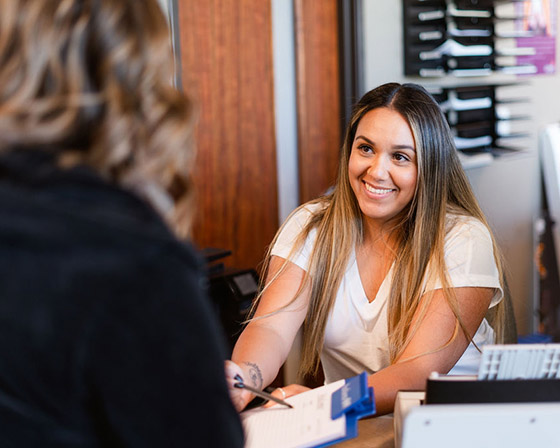
Paying for care
HOPES takes most insurance plans, Medicaid, and Medicare. HOPES also cares for uninsured patients. If you don’t have insurance, we use a sliding fee scale which adjusts cost based on what you can afford to pay. We get additional money to support HIV care from the US Department of Health and Human Services, Health Resources and Services Administration, HIV/AIDS Bureau, the Ryan White HIV/AIDS program, and the State of Nevada Office of HIV/AIDS.

At your intake appointment, it is helpful if you bring specific documents to help us assess eligibility for our Ryan White Program, which provides HIV-related services to individuals and their families who are uninsured or underinsured.
Documents to assess Ryan White eligibility include:
- Proof of HIV status
- Proof of Nevada residency – This may include rental agreements, utility bills, birth certificates, a green card with social security number, or other official correspondence that has the same address as the picture identification.
- Proof of income – This may include paycheck stubs, disability award letter, or other official document stating monthly income.
- Proof of insurance
If you do not have these documents readily available, your case manager will work with you to get documentation.
HIV Testing at Change Point
Know your status! This video shows what it is like to get a free, rapid HIV test at Northern Nevada HOPES. HIV screenings at HOPES are confidential and free, and you get results in less than 30 minutes.
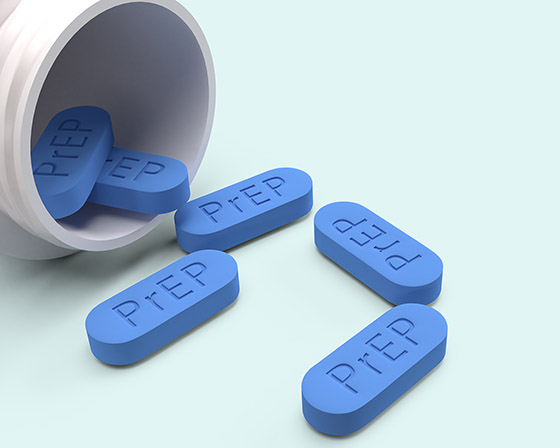
PrEP for preventing HIV infection
Pre-exposure prophylaxis (PrEP) is when people at very high risk for HIV take HIV medicines daily to lower their chances of getting infected. PrEP can stop HIV from taking hold and spreading throughout your body. It is highly effective for preventing HIV if used as prescribed, but it is much less effective when not taken consistently.
Daily PrEP reduces the risk of getting HIV from sex by more than 90%. Among people who inject drugs, it reduces the risk by more than 70%. Your risk of getting HIV from sex can be even lower if you combine PrEP with condoms and other prevention methods.
PEP for treating HIV exposure
Post-exposure prophylaxis (PEP) means taking antiretroviral medicines (ART) after being potentially exposed to HIV to prevent becoming infected. PEP should be used only in emergency situations and must be started within 72 hours after a recent possible exposure to HIV. If you think you’ve recently been exposed to HIV during sex or through sharing needles, or if you’ve been sexually assaulted, talk to your health care provider or an emergency room doctor about PEP right away.

